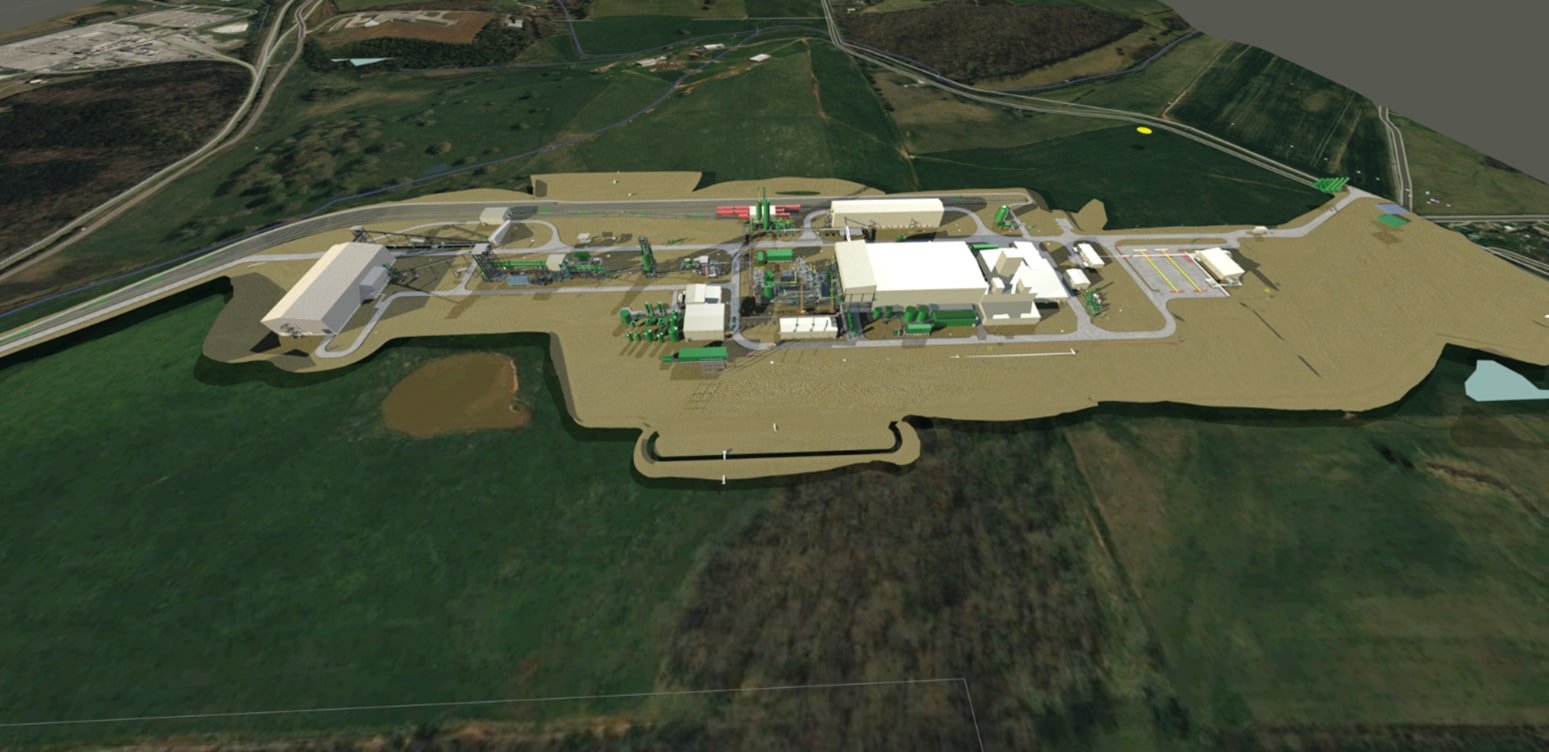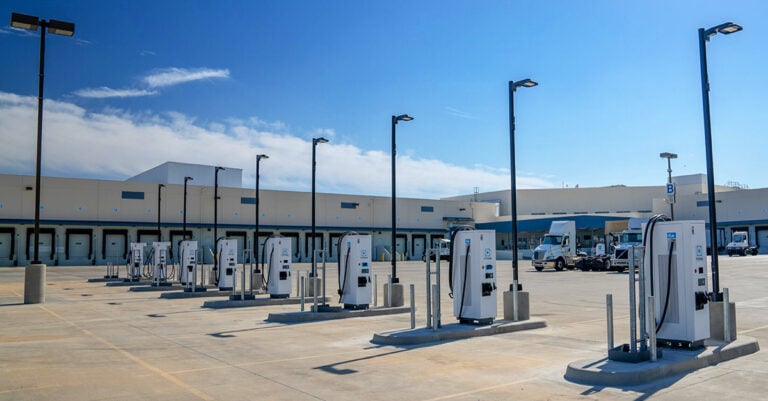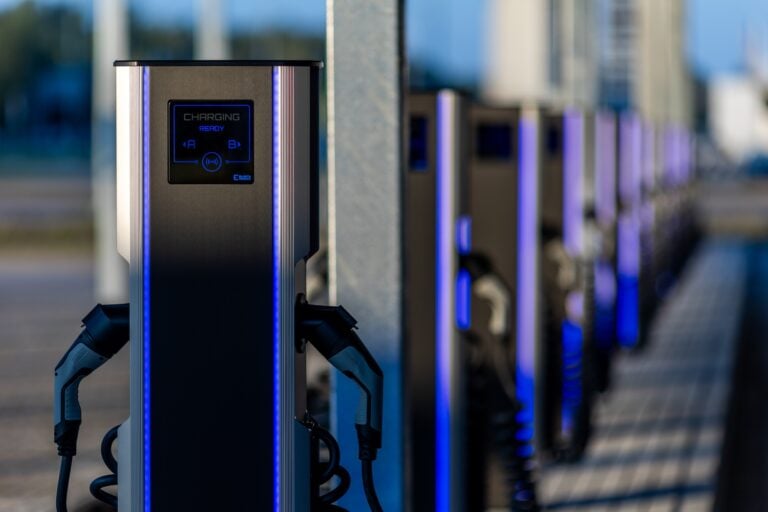Piedmont Lithium announced its receipt of a crucial permit from the Tennessee Department of Environment and Conservation. This Conditional Major Non-Title V Construction and Air Permit (Air Permit) paves the way for the Company’s proposed Tennessee Lithium project located in McMinn County, Tennessee. The permit allows Piedmont to commence construction on the planned 30,000 metric ton per year lithium hydroxide manufacturing plant, making the company the holder of all necessary permits to advance the project.
Why It Matters
The $800 million project, now permitted, is a significant move to boost the existing U.S. lithium hydroxide production capacity, which currently stands at approximately 17,000 metric tons per year. This will notably help in meeting the increasing demand in the country and reducing reliance on foreign entities for lithium processing.
Key Points
- The Tennessee Lithium project, with an anticipated capacity of 30,000 tons per year, could nearly triple current domestic production.
- Positive project economics have been presented in a recent definitive feasibility study, demonstrating the positive impact of America’s pro-electric vehicle policies.
- The project, selected for a $141.7 million Department of Energy grant, continues to progress, with strategic financing, customer offtake agreements, and project debt arrangements in the works.
- The construction of Tennessee Lithium is set to begin in 2024, with first production anticipated in 2026.
Bottom Line
CEO Keith Phillips commended the project team’s efforts, stating that Tennessee Lithium’s strategic positioning will contribute significantly to U.S. energy security. The company also plans on hiring 120 employees, with recruitment commencing in H2 2023 and continuing through 2026. Furthermore, Piedmont Lithium is committing to support the revitalization of downtown Etowah, Tennessee, through plans for local office space and workforce development activities in partnership with local technical schools. The developments surrounding the Tennessee Lithium project demonstrate a tangible and positive impact on the U.S. domestic energy market, employment, and local community development.








